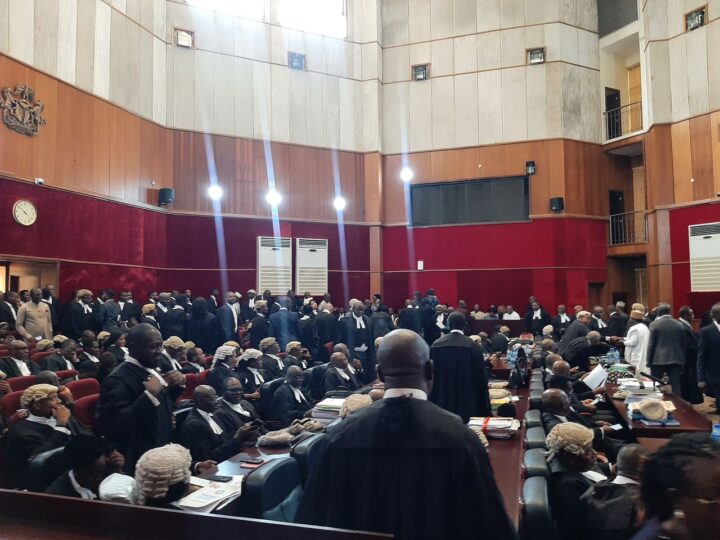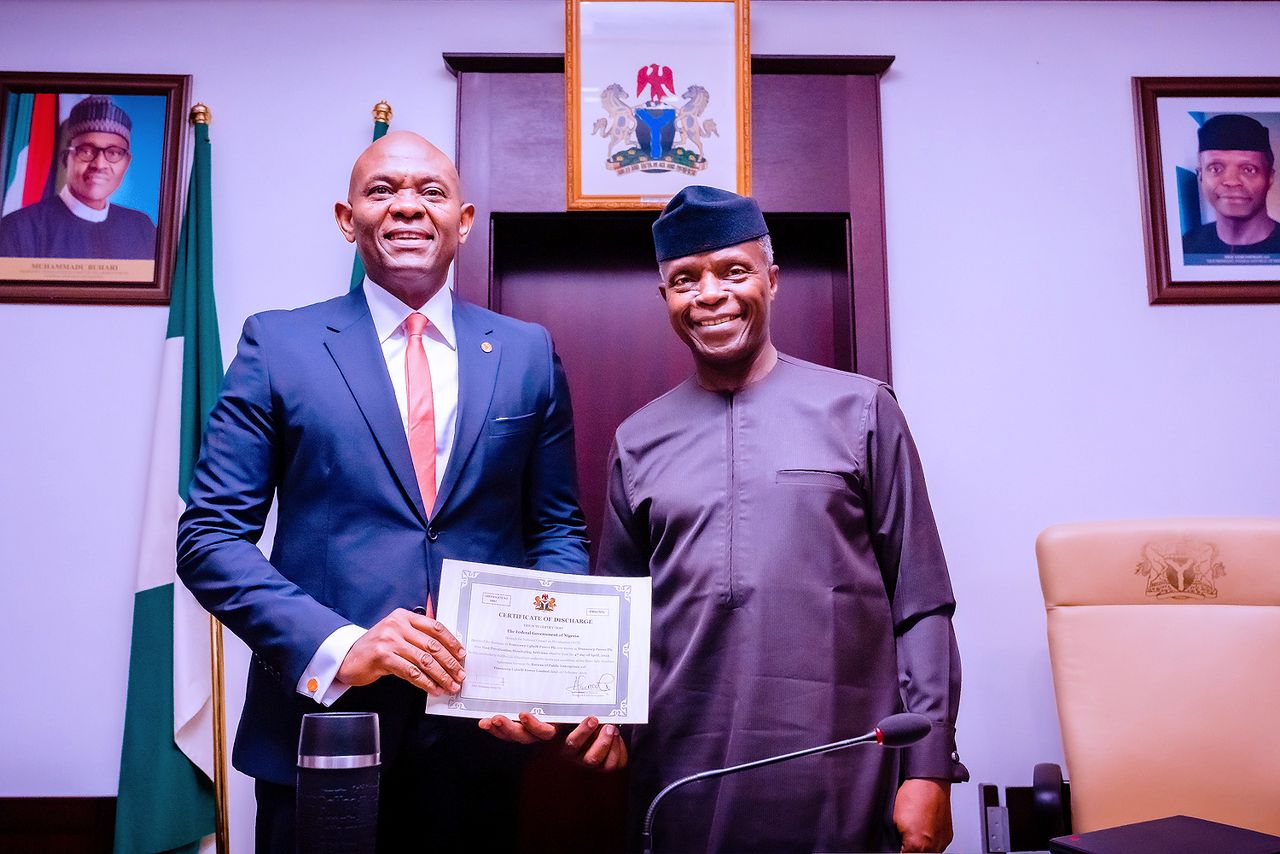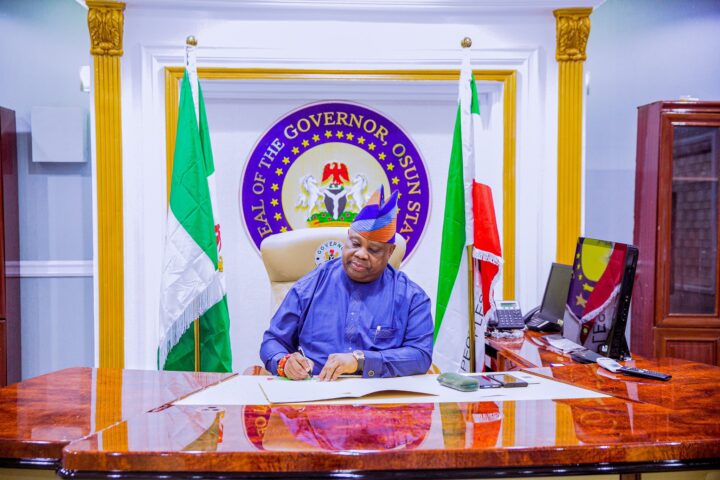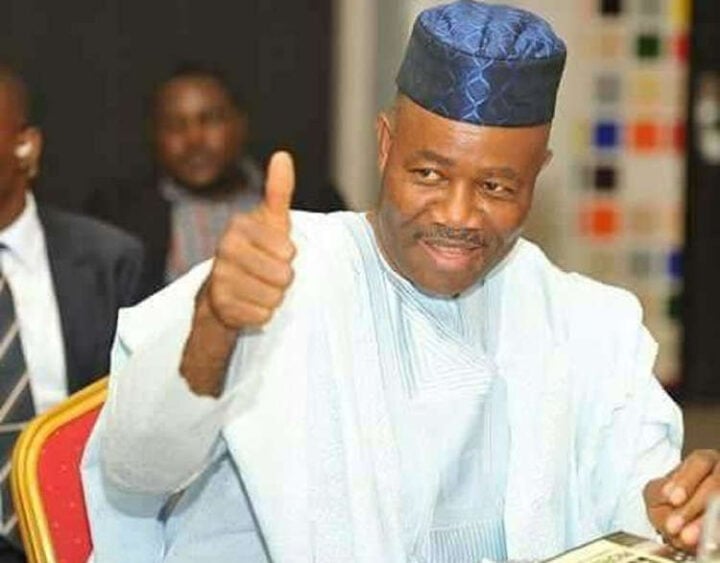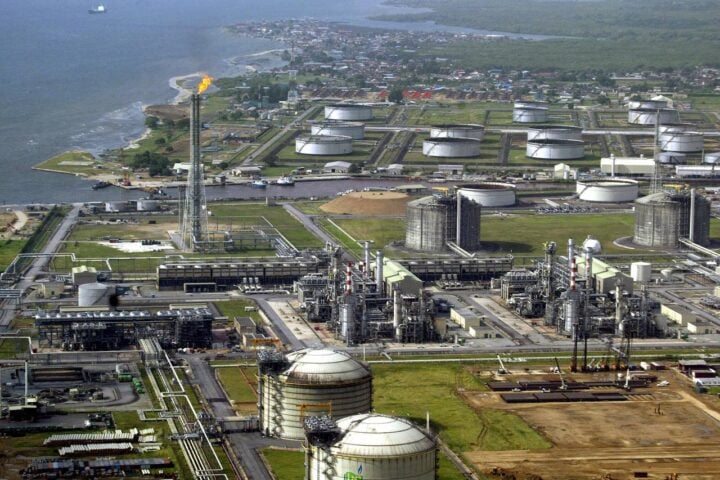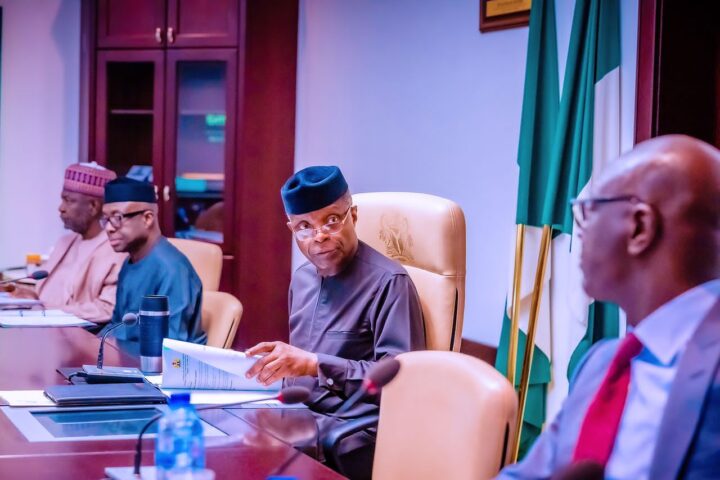A power purchase agreement (PPA) between the Omotosho Generation Company Ltd and the Eko Electricity Distribution Company (EKEDC) is raising eyebrows in the industry, TheCable understands.
There are strong suspicions as to the real identities of the ultimate beneficiaries of the 15 percent discount enjoyed by EKEDC.
The Omotosho power plant is owned by the Niger Delta Power Holding Company (NDPHC).
Some senior figures at NDPHC and National Electricity Regulatory Commission (NERC) are questioning the details of the bilateral agreement.
Advertisement
The areas of concern relate to the heavy discount and the involvement of a third party in the payment process even as NDPHC prepares to expand the agreement to cover more kilowatt hours (kWh).
However, Adesanya Adejokun, technical adviser on media to NDPHC, has told TheCable that there is nothing untoward in the PPA and that it was approved by NERC, the industry regulator.
TheCable has been unable to get an official reaction from NERC despite several efforts.
Advertisement
Under the agreement signed by Omotosho GenCo and EKEDC in August 2022, the distribution company (DisCo) enjoys a 15 percent discount every month on a guaranteed 100MW of power supplied by either Omotosho, if it has gas, or any other plant owned by NDPHC.
The power is priced at N24.5 per kWh but the discount will not be applied if EKEDC misses the payment deadline by even 24 hours, according to the agreement.
But a third company called Millwater Ltd — appointed as contract administrator by EKEDC — makes the payments to NDPHC/Omotosho, even though the company is officially not a party to the contract.
Adejokun said the law permits EKEDC to appoint a third party to manage the transaction — but there are still questions as to whom the promoters of the company are, especially as the discount is allegedly retained by the consultants.
Advertisement
For instance, TheCable saw the invoice for February 2023 in which EKEDC was charged a total of N1.660 billion by Omotosho, with a discount amounting to N249 million.
But Adejokun still maintained that 15 percent of N1.661 billion is less than N27 million.
The consultants may be retaining over N249 million every month just for making bank transfers to NDPHC on behalf of EKEDC.
NDPHC also said it has no direct dealings with Millwater because it is an agent of EKEDC and the DisCo acted legally by appointing the company as an administrator.
Advertisement
TheCable has contacted EKEDC for comments.
Some senior figures in the industry are dissatisfied with the terms of the bilateral agreement, saying it does not make economic sense.
Advertisement
“The gas utilised to generate a kilowatt hour already takes 60-70 percent of the total cost,” a NERC official told TheCable off-record because he is not the spokesperson for the regulatory body.
“Operation and maintenance of a power plant also takes between 15-20 percent of the total cost. The profit margin is a tiny 10 percent or less, so 15 percent discount is highly questionable.”
Advertisement
NDPHC: WE SIGNED A GOOD DEAL
Answering TheCable’s questions, the NDPHC technical adviser on media said in a written response: “In August 2022, NDPHC’s subsidiary, Omotosho Generation Company Limited (Omotosho), entered a PPA to sell 100MW of power to Eko Disco. The PPA puts NDPHC and Eko Disco at the forefront of the market liberalisation changes that Nigerian Electricity Regulatory Commission (NERC) is introducing. It is also a technical and commercial win for NDPHC and for the Federal Government of Nigeria (FGN).
Advertisement
“On the technical level, it ensures that NDPHC will always have the 100 MW dispatched (either from Omotosho when it has gas or from other NDPHC plants), significantly reducing the issues that NDPHC faces from insufficient dispatch of its plants. The PPA was also a technical win for Eko Disco, as it will get a full allocation of the 100 MW sold under the PPA, even when there is a power generation shortfall in the market due to reduced production by all the generation companies, whether due to gas interruptions or other causes.
“On the commercial level, NDPHC is assured of payment on time, of 100% of its invoice, in exchange for a monthly discount that effectively is about 20 Kobo/KWh and less than N27 million on an invoice of more than N1.5 billion a month. The discount only applies if Eko Disco is able to pay NDPHC’s invoice in full in 25 days and is in comparison to the next best available alternative – sales to Nigerian Buk Electricity Trading Plc (NBET) with partial payment after 60 days.
“The commercial mechanism that NDPHC devised to ensure prompt payment was to negotiate a PPA tariff that was almost 15% higher than its market approved tariff from NBET at the time, but also to give a 15% discount on the Eko Disco tariff if the invoice is paid within 25 days. Thus, assuming that Eko Disco within 25 days, its effective tariff would be N20.825, which is 20k or less than 1% less than NBET’s then effective market tariff for NDPHC. On the other hand, if Eko Disco failed to pay the invoice fully within 25 days, it will pay the full Eko Disco PPA tariff, which is at a premium of N3.30, or 15.5% to the NBET market tariff.
“Please be informed that the Eko Disco PPA was signed at a time when the market payment performance from NBET was only at about 55%, so that, on a sale to the market through NBET, NDPHC will only collect about N11.67 per kWh after 60 days (with the balance to be paid at an indeterminate time in the future when Federal Government of Nigeria (FGN) is able to fund payments). On the sale to Eko Disco, however, NDPHC will collect N20.83 within 25 days. For NDPHC, this was a rational commercial decision to make, and its board approved management’s request to enter into the PPA.
“Please note that the Eko Disco PPA contains a mechanism for increasing the PPA tariff on the basis of and in accordance with the parameters and timelines specified for tariff increases for NDPHC plants.
“As stated earlier, the Eko Disco PPA also put both NDPHC and Eko Disco at the forefront of the changes that the industry regulator, the Nigerian Electricity Regulatory Commission (NERC) is introducing. The effect of these changes is that most industry PPAs will be entered into on a bilateral basis (i.e. directly between Gencos and Discos) without the need for FGN-funded interventions as currently done through NBET. In addition, the better performing Discos in market payments like Eko, Abuja and Ikeja will no longer have to buy power from NBET, meaning that market payment performance, which has improved slightly in recent times, will become significantly worse.”

